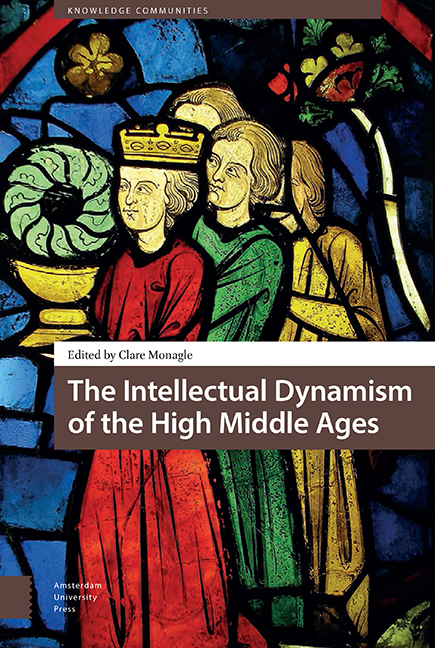Book contents
Introduction: Communities of Learning - Constant J. Mews
Published online by Cambridge University Press: 16 July 2022
Summary
Abstract
This chapter articulates a number of key contributions made by Constant J. Mews to the field of Medieval Studies over the course of his career. In particular, it focuses upon his expertise in Abelard and Heloise, his insights into musicology and musical communities, and his groundbreaking work in the study of women intellectuals in the Middle Ages. All of his scholarly work, the chapter argues, should be understood in the frame of his devotion to the communities of learning, both of the past and in the present.
Keywords: Peter Abelard, Heloise, Hildegard of Bingen, Musicology, Communities of Learning, Constant J. Mews
When I first started working at Monash University in 2007, having just completed my doctorate, I found out that the institution had metrics called ‘Performance Targets’. Each staff member was expected to achieve a level of research funding, publish a designated amount of publications, and achieve a certain level of teaching competency as measured through student evaluations. The criteria were scaled according to academic level, with full professors seemingly being expected to scale Everest, cure cancer, invent lucrative patentable technology, as well as nurture a new generation of scholars who would also go on to scale Everest. I exaggerate, but the targets through which the performance of a scholar was to be assessed seemed to me at the time to be so unreachable as to be absurd. I confessed my shock to a colleague, who said, ‘Don't worry, nobody in the entire faculty reaches those targets’. I breathed a sigh of relief, but then my colleague exclaimed ‘with the exception of Constant Mews’. I already knew Constant well, having studied with him as an honors and masters student. And having long been in awe of his intellectual energies, his erudition, his work ethic, and his deep knowledge of the medieval past, I was not surprised that of the myriad excellent scholars at Monash at the time, he was the one who was rumored to be climbing mountains.
Of course, assessing the achievements of a scholar through the expectations of the contemporary university is a dubious exercise at best. As Constant has himself shown in his research, the University as an institution has always reflected the values, preoccupations, and desires of the community within which it lives, for better or for worse.
- Type
- Chapter
- Information
- The Intellectual Dynamism of the High Middle Ages , pp. 9 - 22Publisher: Amsterdam University PressPrint publication year: 2021

